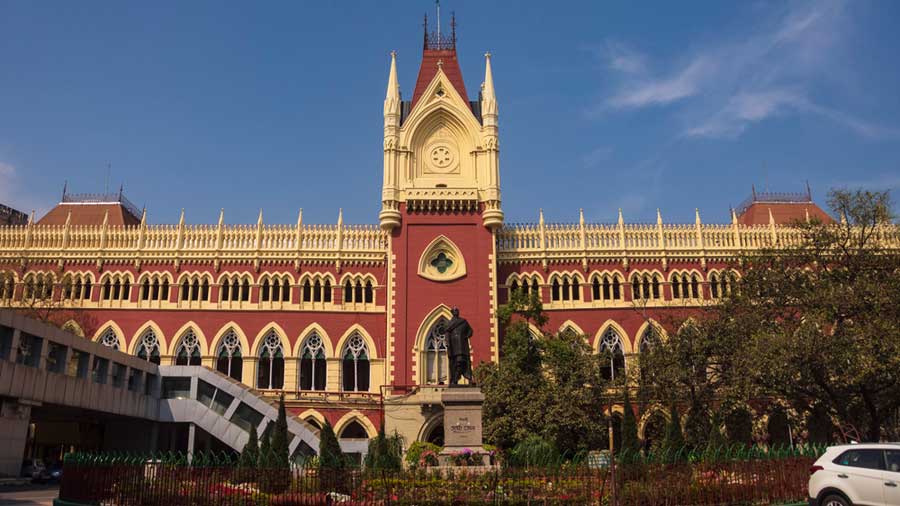The high court on Tuesday clarified that it had included minority-run institutions in the order not to meddle “in the internal affairs of these institutions” but to figure out “a best-fit” among a disparate set of schools and guardians and “that also for a limited period of time, with the paramount interest of the students in mind.”
Article 30(1) of the Constitution, which protects the rights of the minorities, says that “all minorities, whether based on religion or language, shall have the right to establish and administer educa-tional institutions of their choice”.
The junior judge on the division bench, Moushumi Bhattacharya, said in her part of the 68-page order that in ordinary parlance, “to administer is to manage or run the affairs of, and entails control in matters of everyday governance and being essentially of a non-transitory nature”.
She said “matters of admission of students, selection procedures for such, appointment of teachers and staff, choice of courses to be taught, orientation or character given to the educational methods adopted, all form part of the right to administer”.
She went on to add: “In the case at hand, our aim is not to intermeddle in the internal affairs of these institutions or supplant the present governing bodies of these institu-tions with a court-appointed agency; but to figure out a best-fit in a disparate set of schools and guardians and that also for a limited period of time, with the paramount interest of the students in mind.”
Schools run by the Church of North India (CNI) had also cited the right to privacy to not disclose details of their account books before a court-appointed committee.
Justice Bhattacharya wrote in the order: “The right to privacy, taken at its most obvious connotation, is the right of a person to draw his or her boundaries in terms of sharing information. It is a pro-individual right where the person can choose the company he keeps and the time and the agency to disclose what he wishes to. It is a right aimed at preserving the spatial and intellectual integrity of an individual in matters of choice and acts as a springboard for the connected freedoms which are guaranteed under the Constitution.
“The argument against disclosing of accounts by the schools is not acceptable for two reasons. First, there is an unfounded apprehension that court is trying to ferret information out to the detriment of the concerned schools…. Second, a comparative assessment of financial solvency is to facilitate the process of reaching a solution. The schools cannot be permitted to take an unreasonable position to put speedbreakers in that path…. Article 30 (1) was contemplated by the framers to serve as a shield and not as a sword.”
Six missionary schools run by the Calcutta diocese of the CNI had moved a special leave petition before the Supreme Court saying that minority schools enjoy financial autonomy to run their institutions, a freedom guaranteed by Article 30 of the Constitution.
But the apex court of the country sent back the appellant schools to Calcutta High Court for recalling of the court's order.
In about 15 pages of the 68-page order, there are references to minority institutions.
A member of the West Bengal Association of Christian Schools said that they would study the order. “After studying the order if we find that it is interfering with the minority rights, we will challenge it,” said the member.
“The minority institutions have freedom to administer as long as there is no maladministration. Charging reasonable fees is not maladministration,” said the head of a CNI school.
Justice Bhattacharya said in her part of the order that “the cause of the dispute is the economic downturn brought about by the pandemic”.
“The effect is physical attendance being substituted by online classes. The consequence is that guardians are being made to pay for facilities which their wards are unable to avail of. The endeavour of the court is that students must not be caught in the crossfire between their parents and the school authorities,” she said.
Several schools said they were worried about possible “consequences” of Tuesday’s order.
“The tuition fee component is used to pay salary to the teachers. So will we have to use all the reserve that schools have. There are families where a male teacher is the only earning member,” said the head of a private English medium school.










